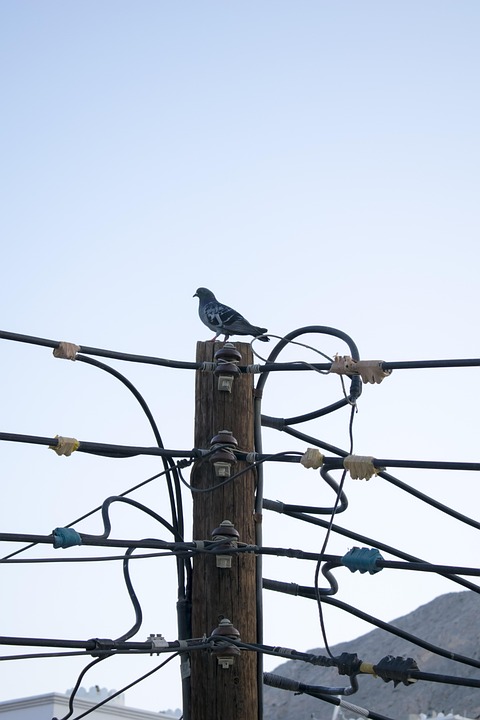A while ago, I received an email that I didn’t think much about at the time. It turns out to have caused me a major headache. The problem is that I ignored the email. I receive numerous emails each week and thought it was safe to pass this one off as soft spam. I did not think it was the work of a bot or malicious actor, but not worth my time, either.
But the email-writer complained, and I was asked to explain myself. It’s a long story, but for political reasons, it turns out it was an email I (or someone at our organisation) needed to take seriously. I was dragged over hot coals, but I doubt that was fair. Should I have taken more care or have I been treated unjustly?
The fact this email turned out to be important seems like something you should have been warned about in advance.Credit: John Shakespeare
I’m convinced you’ve been treated unfairly, and I’ve told you about the specific reason why in a private email to you. We won’t go into that here in the column – but it relates to technical details (that would likely give your identity away). What I can say is that even if we put that highly particular reason aside, I can easily mount a case that you were in the right. Let’s have a look at why.
Part of your job requires you to respond to emails. However, this is not a customer service role where you need to reply to all questions and complaints no matter how vexatious or idiotic, and you’re asked to use your discretion.
It sounds to me like, in exercising that discretion, you use a rule similar to the one I do when deciding whether to reply to an email. I think of it as a bit like Newton’s third law of physics: every action has an equal and opposite reaction. But where Newton’s law is talking about force, our version is talking about effort.
I receive many emails from PR companies hoping I might write about their client or their client’s research in this column. For several reasons, mainly the format of the column, this is highly unlikely.
Why should you spend your time determining whether an email is junk or from some entitled wanker with a tenuous link to someone important?
But that doesn’t mean I ignore all emails from PR agencies. If it’s obvious the writer has spent some time reading the column and understanding its idiosyncrasies, I respond (usually out of courtesy – a polite thanks but no thanks and an explanation of why). They’ve put effort into their query, so I feel obligated to put effort into a response.
If they’ve mistaken me for a reporter, and it’s obvious they’ve added me to a spreadsheet, then sent out a generic email with my name at the top, I don’t respond. Their effort is minimal, and so is mine.







